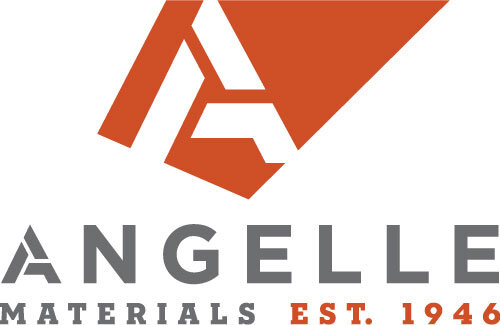Why does concrete crack?
This is the most common question we hear frequently from customers. The answer, however, is not a simple one and usually depends on each project’s specific circumstances. What we know is that concrete does crack but when you plan for those cracks in advance, it can minimize their impact on your project.
Concrete contracts and expands and these cracks can occur when provisions to accommodate these movements are not made in design such as:
Improper jointing
Improper subgrade preparation
Excessive addition of water on site to concrete
Improper finishing
Rapid loss of moisture from freshly placed concrete in dry, windy conditions
Inadequate or no curing
The good news is that most random cracks that occur at an early age rarely affect the structural integrity or the service life of concrete.
Below are steps to prevent or minimize cracking:
Use properly compacted subgrade sloped for adequate drainage
Use concrete with a moderate slump, and only use higher slump concrete when accomplished by using water-reducing admixtures
Do not finish with water present on the surface or before the concrete has completed bleeding. Also avoid overworking the surface and use means to protect the concrete from rapid evaporation to prevent plastic shrinkage cracks
Proper curing is a critical step for durable crack-resistant concrete
Proper jointing with contraction joints cut to a depth of ¼ to 1/3 the thickness of the slab and with spacing 24 to 36 times the slab thickness.
Best practices for preventing or minimizing cracking can be found in NRMCA’s Concrete in Practice 4 – Cracking Concrete Surfaces.
Angelle Materials works with you in the planning stage to put measures in place that will greatly reduce the chances of unwanted cracking in your finished project.
Please contact us for any application questions or for help selecting the best quality mix design for your specific project and application.
PDF courtesy of the National Ready Mixed Concrete Association, Alexandria, VA, USA.


